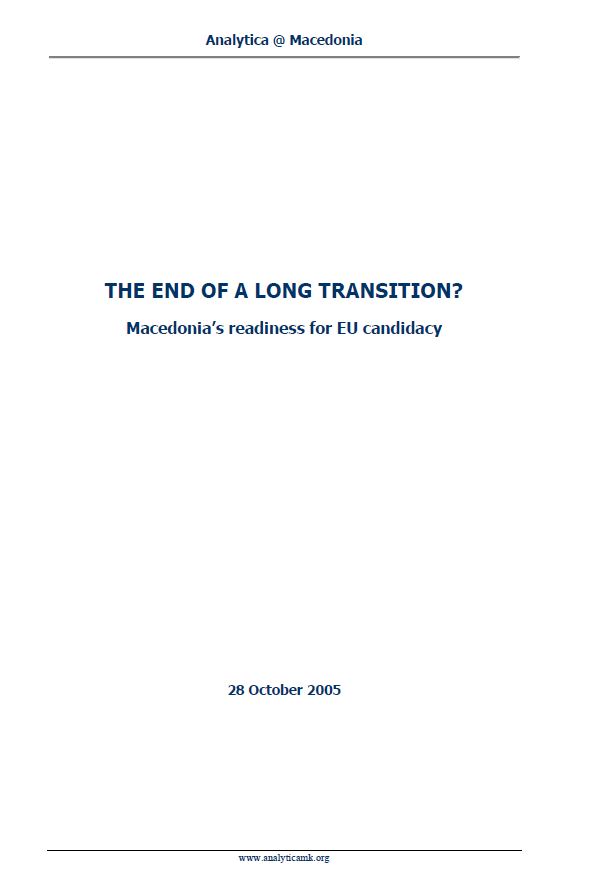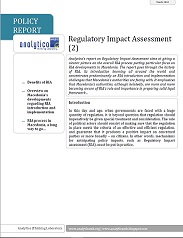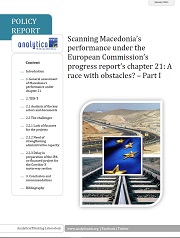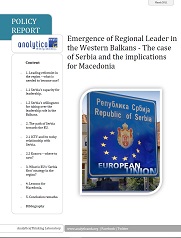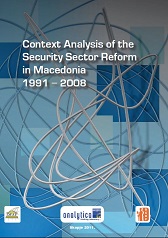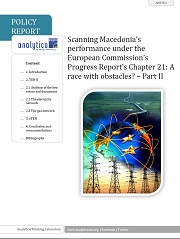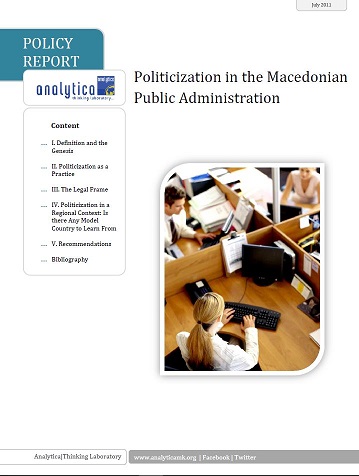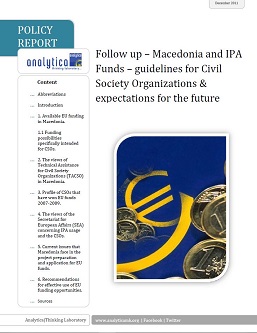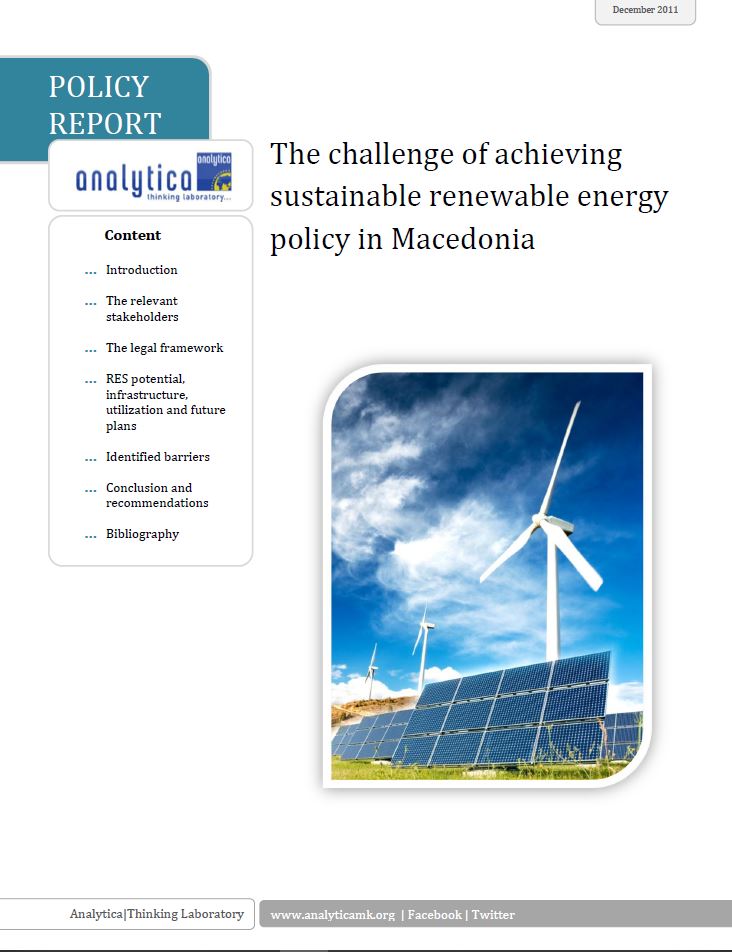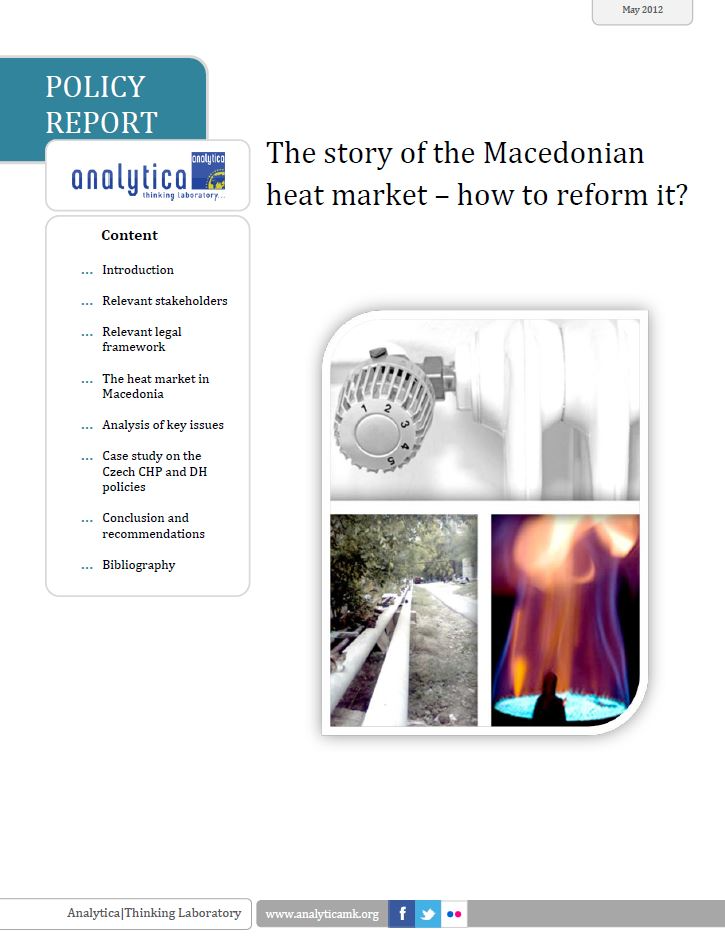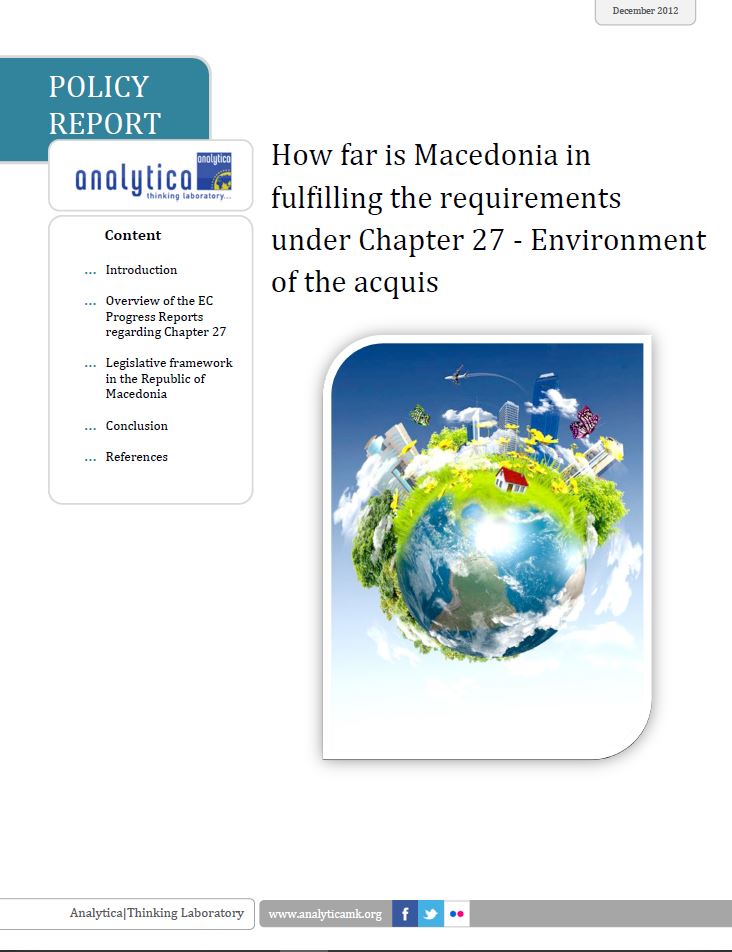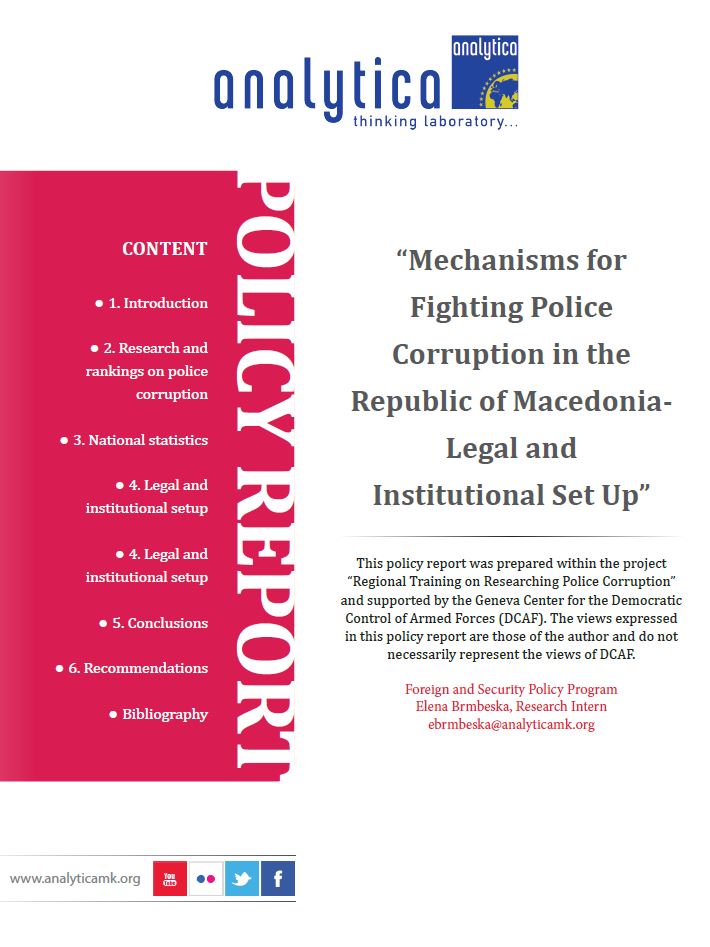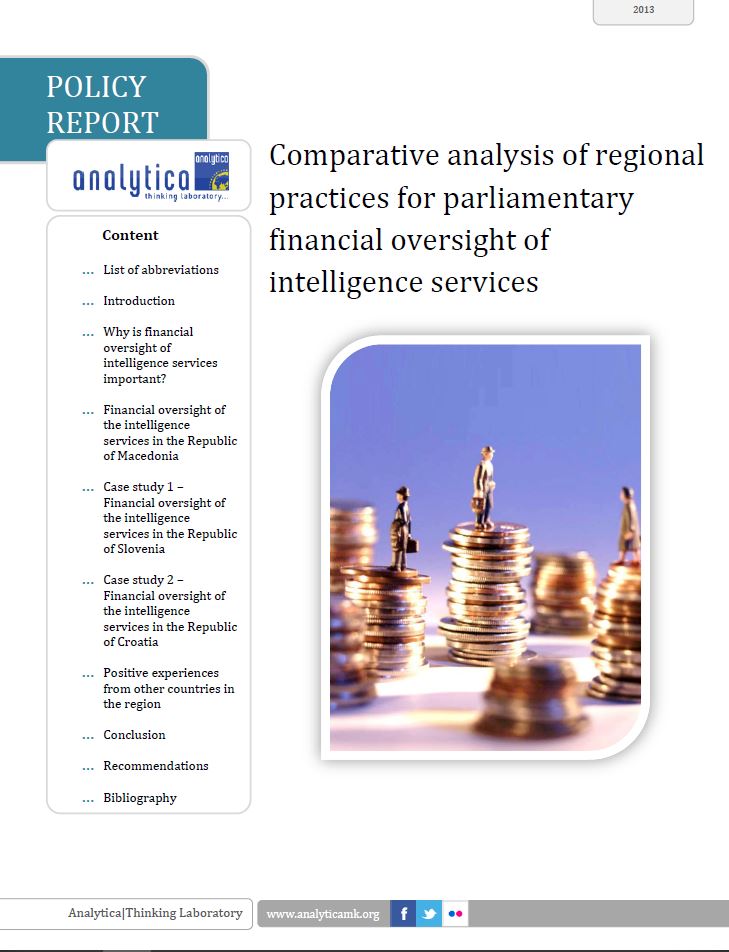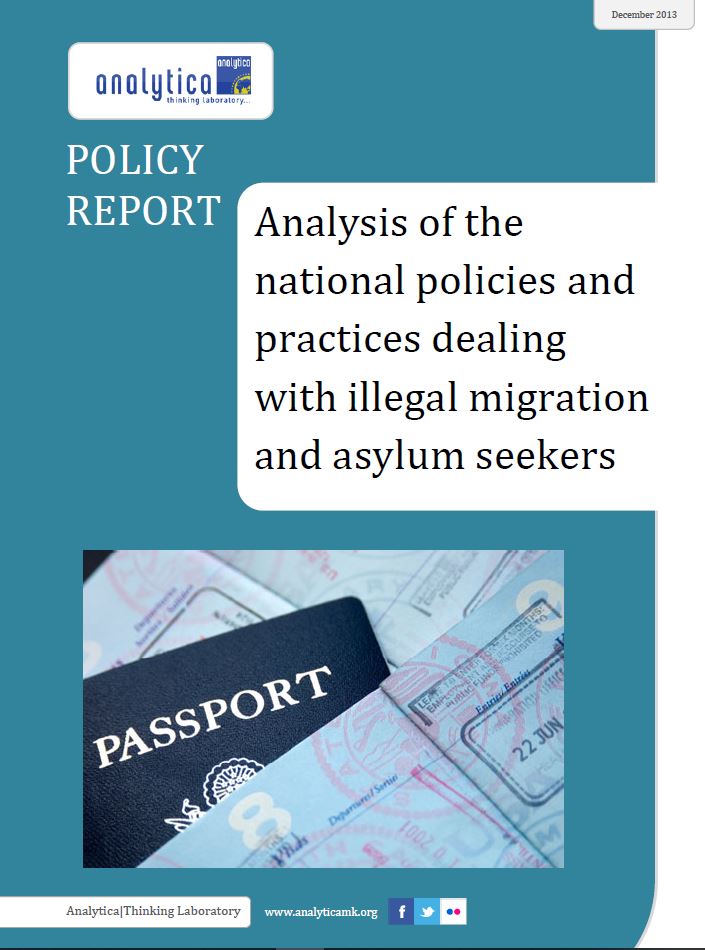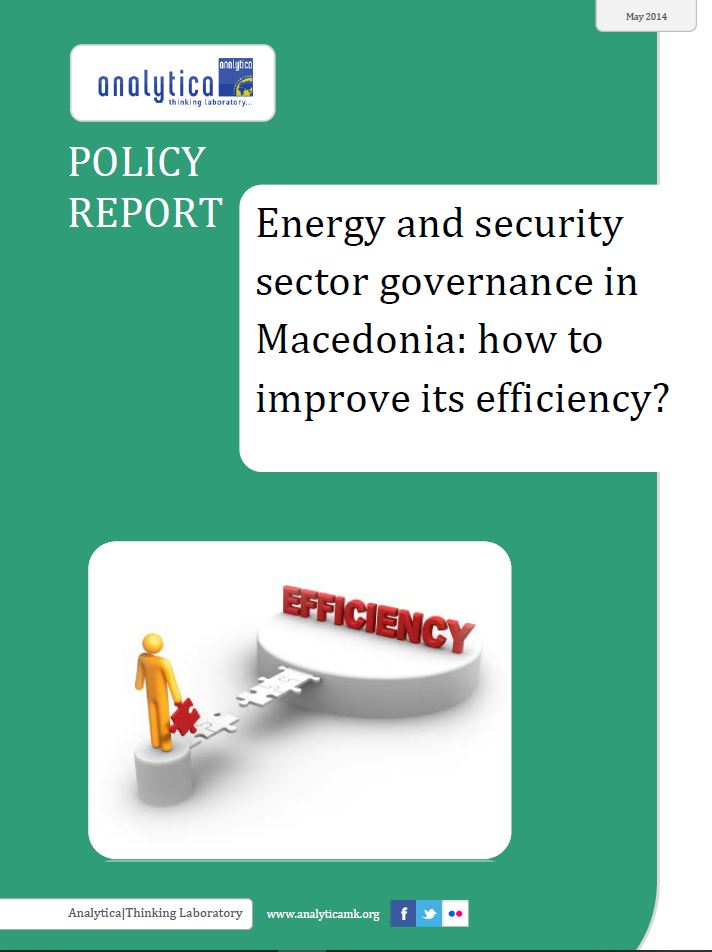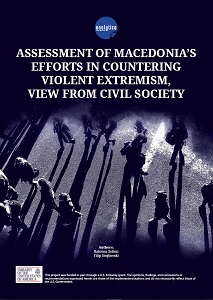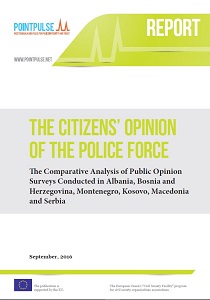
Analytical
Analytical
Analytical is a journal published by Analytica, which is focused on studying and analyzing the recent and ongoing socio-political and economic developments in the Western Balkans and the wider region. The journal includes contributions - articles, opinions, comments - that approach the subject area - countries of the Western Balkans - from various perspectives: political, IR, economic, historical, sociological, educational, etc. Analytical is electronic journal published twice a year by Analytica, think-tank, Skopje Macedonia. Submissions are invited twice a year trough open Calls for Papers. Editorial Committee Mr.Sani Demiri - President Ms.Cvete Koneska Ms.Natasha Hroneska
More...
